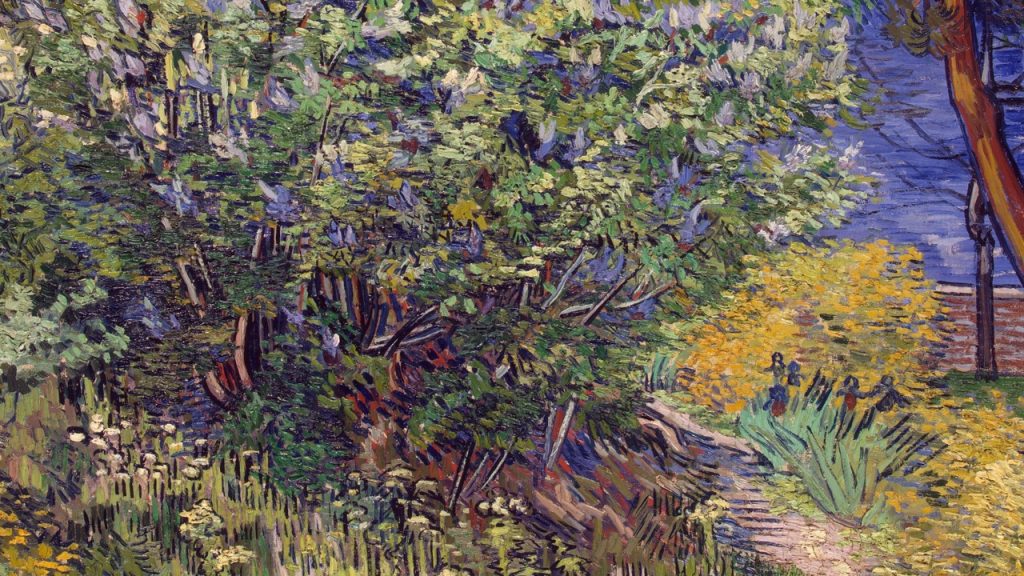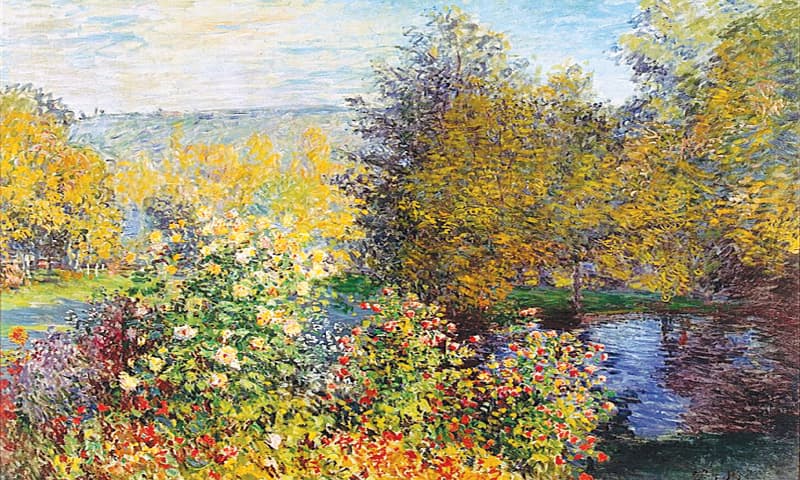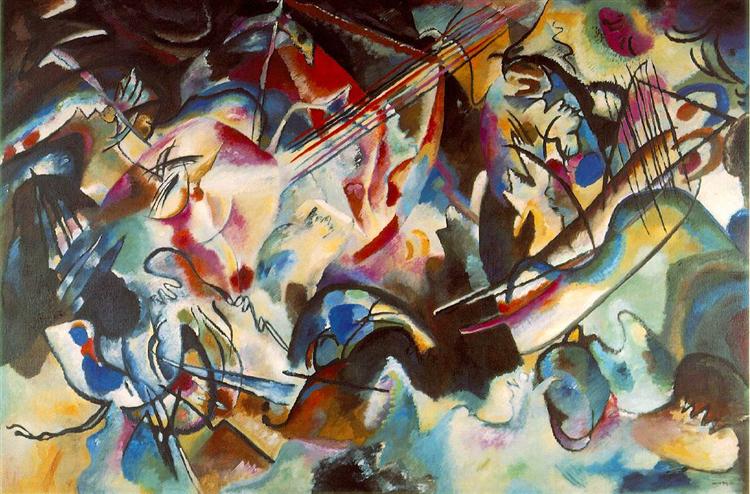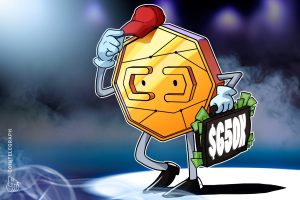The Largest Art Museum in the World Partners With Binance to Auction Leonardo Da Vinci, Claude Monet NFTs – Blockchain Bitcoin News

The Binance NFT Marketplace announced today that the non-fungible token (NFT) platform will launch a premium NFT collection backed by the State Hermitage Museum in Saint Petersburg, Russia. The NFT auction will begin on August 31 and run until September 7, 2021. The NFT auction will feature NFT artwork by the world-renowned artists’ Vincent Van Gogh, Claude Monet, and Leonardo da Vinci.
State Hermitage Museum and Binance Collaborate to Sell World-Renowned Art in NFT Form
It seems that 2021 is the year of non-fungible token (NFT) collections, as NFT collectibles and artworks have sold for millions of dollars. So far, Beeple’s “Everydays: The First 5000 Days” NFT is the most expensive as the NFT ever sold, as it was purchased for $69.3 million. Another high-profile NFT sale is Cryptopunk #7523, which was acquired for $11.8 million in ethereum (ETH). Bitcoin.com News has been covering a myriad of NFT projects making millions like Bored Ape Yacht Club (BAYC) and the Weird Whales NFT collection.
On August 30, the cryptocurrency exchange Binance announced that the company’s NFT market dubbed the “Binance NFT Marketplace” plans to feature non-fungible token collectibles from some of the world’s most famous artists. Binance NFT Marketplace has teamed up with the well-known State Hermitage Museum. The Saint Petersburg-based museum is the largest art museum on the planet, and it boasts some of the world’s finest masterpieces. Russia’s Empress Catherine the Great started the impressively sized art collection back in 1764.

The State Hermitage Museum revealed the NFT collection and Binance NFT Marketplace collaboration on July 26, 2021. “The NFT collection consists of works such as the Madonna Litta (Leonardo da Vinci), Judith (Giorgione), Lilac Bush (Vincent van Gogh), Composition VI (Wassily Kandinsky), and Corner of the Garden at Montgeron (Claude Monet),” the State Hermitage Museum said in July. Furthermore, the art museum curators also added:
Each digital copy is personally signed by Mikhail Piotrovsky, General Director of the State Hermitage. In doing so, he not only confirmed the authenticity of a limited series of works, but also created an independent work of art by applying his signature, the date and exact time of signing, thereby giving it absolute uniqueness, perpetuated in the blockchain. The place of signing – the Hermitage museum itself – is also saved in the metadata.
“New technologies, in particular the blockchain, have opened up a new chapter in the development of the art market, led by ownership and the guarantee of that ownership. This is an important stage in the development of the relationship between a person and money, a person and a thing,” Mikhail Borisovich Piotrovsky, the general director of the Hermitage, said at the time.

Binance says when the auction starts, “there are a total of 5 NFTs for auction [and] each with a starting bid of 10,000 BUSD.” The Binance NFT Marketplace launched this past June and the platform leverages the Binance Smart Chain (BSC).
Binance’s NFT platform has a lot of competition from platforms like Opensea, Crypto.com, and Rarible. Furthermore, the popular crypto exchange FTX is also developing an NFT marketplace, as it announced a partnership with the entertainment giant Dolphin in order to launch the market.
What do you think about the Binance NFT Marketplace platform and the world’s largest art museum teaming up to launch NFTs by Leonardo da Vinci and others? Let us know what you think about this subject in the comments section below.
Image Credits: Shutterstock, Pixabay, Wiki Commons, Claude Monet, Wassily Kandinsky, and Vincent van Gogh
Disclaimer: This article is for informational purposes only. It is not a direct offer or solicitation of an offer to buy or sell, or a recommendation or endorsement of any products, services, or companies. Bitcoin.com does not provide investment, tax, legal, or accounting advice. Neither the company nor the author is responsible, directly or indirectly, for any damage or loss caused or alleged to be caused by or in connection with the use of or reliance on any content, goods or services mentioned in this article.















